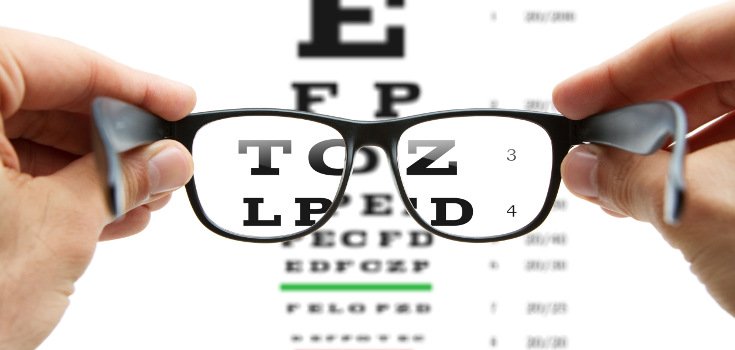The #1 Way to Prevent Nearsightedness (Myopia) in Future Generations

Many people believe myopia, also known as nearsightedness, is the result of heredity. Others point to long hours spent reading as the culprit, but are these theories right? The latest crop of scientists says probably not, because they don’t pass the critical eye of common sense.
For them, myopia appears to be the result of lifestyle choices, or at least one lifestyle choice in particular. The hope is that by committing to certain changes, our children will end up with 20/20 vision, even if we can’t see our hands in front of our faces without glasses.
The big lifestyle change they are looking at is a simple one, at least on the surface – making sure your children spend more time outdoors. Studies from around the world have shown that people who spend more time outdoors are much less likely to become myopic than those who spend most of their time inside, no matter what they are doing.
While this conclusion has been well documented, the rest is hypothetical at this point. Though researchers know that kids who spend lots of time outdoors have better eyesight, they don’t as yet know why.
The Ohio State University College of Optometry puts it this way:
“The ‘outdoor effect’ on nearsightedness, or myopia, is a longstanding observation backed by both scientific and anecdotal evidence. It’s so compelling that some nations in Asia, which have among the highest myopia rates in the world, have increased the amount of daily outdoor time for children in the hopes of reducing the need for glasses. But so far, no one has refined exactly what it is about being outside that seems to offer a protective effect against the condition, which causes distant objects to appear blurry.”
Read: 4 Tips on How to Improve Your Eyesight
Their data suggests that a child who is genetically predisposed to myopia is three times less likely to need glasses if he or she spends more than 14 hours a week outdoors.
Optometrist Donald Mutti has a grant from the school to focus on the variables he feels have the most potential to explain the phenomena. So far these include:
- Ultraviolet B rays (UVB) and Vitamin D
- Visual bright light and dopamine
He suspects that different types of outdoor light may help preserve the proper shape and length of the eye during a child’s growth period.
Right now, investigation is about ruling out possibilities. Scott Read at Queensland University of Technology equipped a group of school children with a special watch that could record their movements and the light intensity they experienced.
After two weeks he found that those with good eyesight were no more active than those needing glasses, ruling out exercise as a factor. Read pointed out that bright sunlight can be thousands of times greater in intensity than lighting inside a house or school, even on cloudy days.
Why the Old Excuses Don’t Work Anymore
Back in 1975, the older generation of the Inuit in Canada had virtually no cases of myopia, but up to 25% of their offspring needed glasses. Such a result could not be possible based on genetics, however the notion has persisted. According to Ian Flitcroft at Children’s University Hospital in Dublin, genes may still play a role in deciding who becomes myopic, but this can only be brought forth by an environmental change.
As for reading being a cause for myopia, epidemiological studies have suggested the effects of reading are much smaller than originally believed. “The more we studied it and measured the amount people read, the more the association seemed to vanish,” Flitcroft told the BBC. One large study showed no correlation at all.
In the past four to five decades, myopia has increased in prevalence across populations of the world. The onset has shifted to a younger age, and the number of high myopes with prescriptions of more than -5.00 D has increased.
Since the first television broadcast in the US of a child being kidnapped from his yard back in the 1970’s, people in this country have kept their children inside the house and even driven them to school on sunny days.
During that time period, they programmed their every activity, and for the most part those activities took place indoors. At the same time, they slathered their kids with sunscreen whenever they did go outside, and made sure they wore sunglasses.
If we want to see our children have better eyesight, it may be time to rethink this way of living.

This is stupid. I spent my entire childhood outdoors and have myopia since 13.